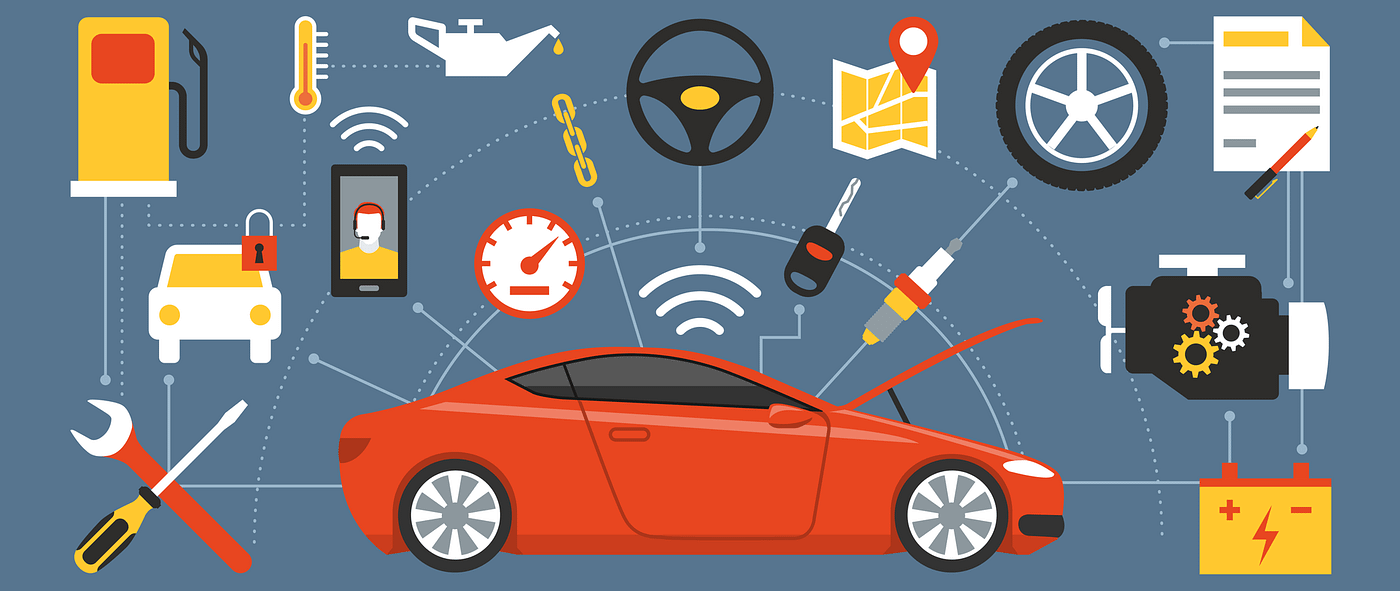All Categories
Featured

Auto repair work can quickly become a monetary worry, particularly when handling major problems that need considerable work and expensive components. Recognizing the factors that influence the expense of these fixings is necessary for vehicle owners who intend to be gotten ready for the unanticipated. From the kind of repair work required to the make from your cars and truck, a number of crucial elements can determine just how much you'll spend for repair services. Right here's a closer take a look at the most influential factors:
- Sort of Repair work. The nature of the repair service plays a pivotal duty in the cost. Furthermore, if the repair service involves taking apart several parts, the labor prices can rise considerably.
- Make and Version of Your Vehicle. The make and model of your automobile have a significant effect on the rate of repair work. Deluxe and foreign lorries, such as BMWs, Audis, and Mercedes-Benz, usually come with greater repair costs due to their specialized components and the experience needed to work with them. On the other hand, even more typical vehicles like Ford or Toyota typically have cheaper components and are much easier for mechanics to function on, which reduces repair work prices. In addition, some lorries might call for customized diagnostic devices or software application for certain fixings, including in the overall cost.
- Components Schedule and Top Quality. The price of the components required for the repair service is an additional major aspect. If you need original devices manufacturer (OEM) components, you can anticipate to pay more, as these are created particularly for your car. While OEM parts provide a greater degree of high quality and dependability, they come with a costs price. Aftermarket parts-- those made by third-party suppliers-- are usually less pricey, but might not always match the quality or longevity of OEM components. The rarity of parts, especially for older or specialized automobiles, can additionally drive up the cost, as discovering appropriate substitutes can take some time and effort.
- Labor Costs. These prices differ by region and fixing shop, with urban locations generally charging higher prices due to overhanging expenses. The complexity of the fixing additionally plays a function; repair work that require more time or specialized understanding, such as working on an engine or electric system, will certainly result in greater labor charges.
- Level of the Damages. If the damages is substantial and needs several parts to be replaced or repaired, the cost will certainly increase. When major systems like the transmission or engine are affected, the repair service expense can rise swiftly due to the number of parts and the labor involved.
- Vehicle Age and Problem. Older automobiles tend to require more constant repair work, and as parts put on out over time, the cost of those repair work can enhance. In addition, parts for older models may be more challenging to locate, which can increase both the price and time needed for repairs.
- Area of the Fixing Shop. The place of the repair work shop can additionally influence the expense of car repair services. Furthermore, dealerships commonly bill extra for repairs contrasted to independent repair stores, although car dealerships might use OEM parts and offer customized solution for your make and version.
- Insurance and Warranty Protection. In some cases, prolonged service warranties or service strategies can help cover fixings for certain parts of the vehicle. Additionally, if the repair work is an outcome of an accident, your cars and truck insurance plan might cover the price.

Conclusion. Numerous elements influence the price of major automobile repair work, consisting of the sort of repair, the make and model of your automobile, the quality of the components utilized, and labor costs. When it's time for a major fix, recognizing these elements can aid you much better prepare for repair work expenses and make more informed choices. Regular maintenance, consisting of prompt oil modifications, brake inspections, and tire turnings, can help decrease the need for pricey fixings down the line. If you encounter a costly fixing, it's constantly a great idea to obtain numerous quotes and weigh the advantages of using OEM versus aftermarket components to make the most cost-efficient choice.
Latest Posts
Host Your Perfect Event: Venue Rental Alternatives for every single Celebration
Published Mar 21, 25
1 min read
Discover Relaxation at the Claridge Indoor Swimming Pool
Published Feb 04, 25
1 min read
Top Patterns in Customized Furniture Layout for 2025
Published Jan 22, 25
0 min read